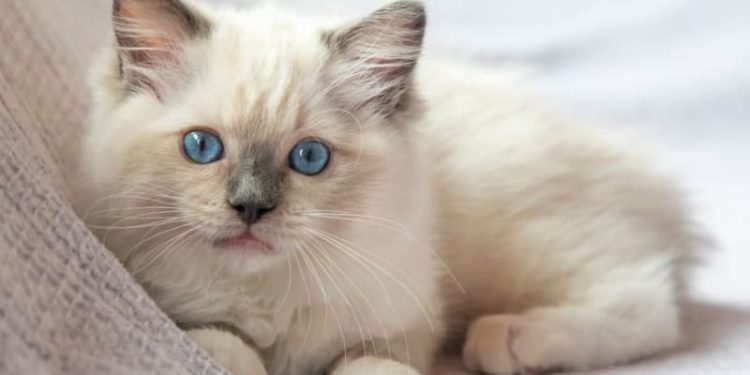Cat owners in Nairobi city may soon part with an annual license fee, and will be limited to just four cats per household – according to draft animal control regulations by the capital city’s government that are also meant to control animal husbandry in the city.
- The bill outlines rules for the transfer of ownership that will see the new cat owner charged KSh 100 while annual licenses will cost KShs. 200.
- The animal control bill will undergo public participation on 2nd August and also includes regulations on ownership of donkeys, cows, sheep, pigs and horses.
- The draft law also mandates cat owners to vaccinate their pets, those over three months old, against rabies annually and provide proof of vaccination.
According to the draft rules, only owners of a purebred breeding business will own more than four cats. They will be charged a premium license fee of KSh 5,000 and require the assessment of an animal control officer. For any licenses for cats, owners will have to make an application to the city government and “provide proof…[of]…premises to control the cat.”
“A person shall not allow, permit or cause a cat to scream or otherwise cry in a manner that disturbs the quiet, peace, rest, enjoyment, comfort, or convenience of a person in the neighbourhood or vicinity of the place where the cat is kept,” the county government says in the draft rules.
It also provides strict rules for the keeping of cattle, poultry, farmed game, farmed fish, sheep, and pigs within Nairobi City county. The bill has also warned livestock owners from herding their cows, sheep, goat, and poultry, or running cat breeding kennels in areas not designated as ‘agricultural zones’.
Violators will be fined KSh 10,000 or receive a month’s imprisonment. Sheep and goats will only be kept in a registered pen licensed after payment of KSh 500, according to the draft laws.
The Animal Control Bill intends to reduce the population of stray domestic animals which are believed to spread infectious diseases and contribute to the city’s environmental pollution. It specifies activities and initiatives that animal owners should take in ensuring they are responsible, and that they promote the well-being and health of the animals. It provides some incentives for the neutering of cats, such as one free license.
Obtaining license fees is also a way of ramping up the city’s revenues. However, due to the vastness and dense population in Nairobi, it is not clear how the relevant authorities would enforce these directives. The bill may become another ambitious attempt by the county government to stamp its presence, but prove too difficult to enforce.



